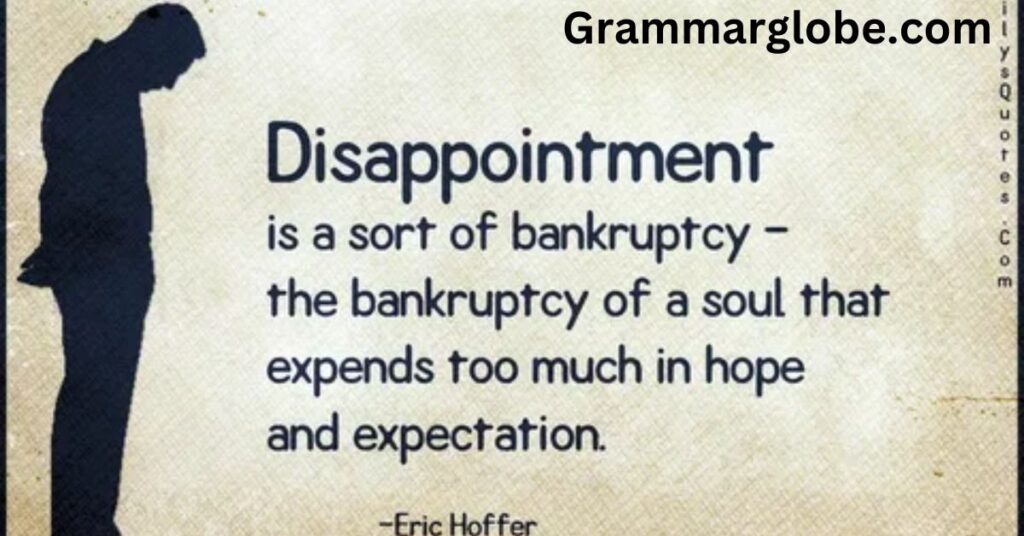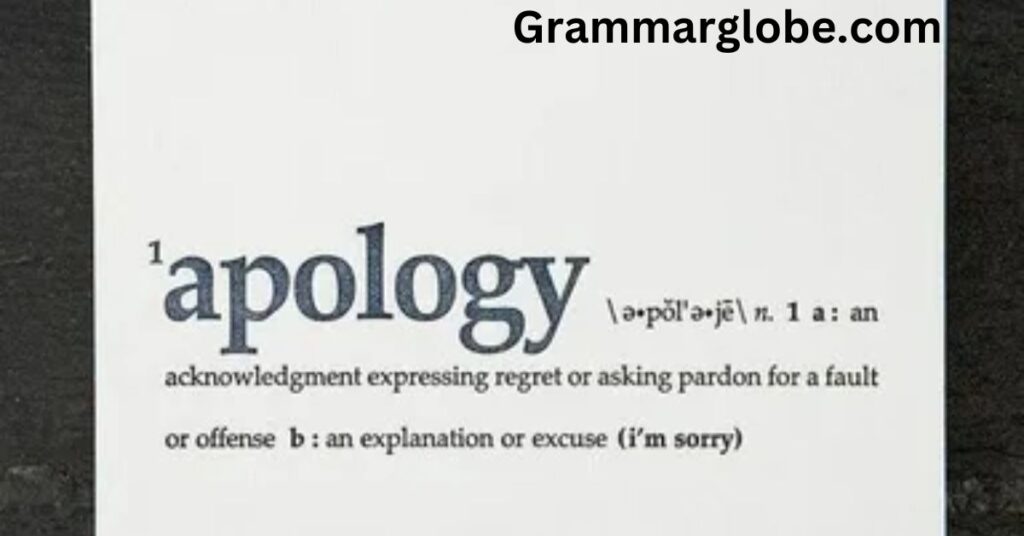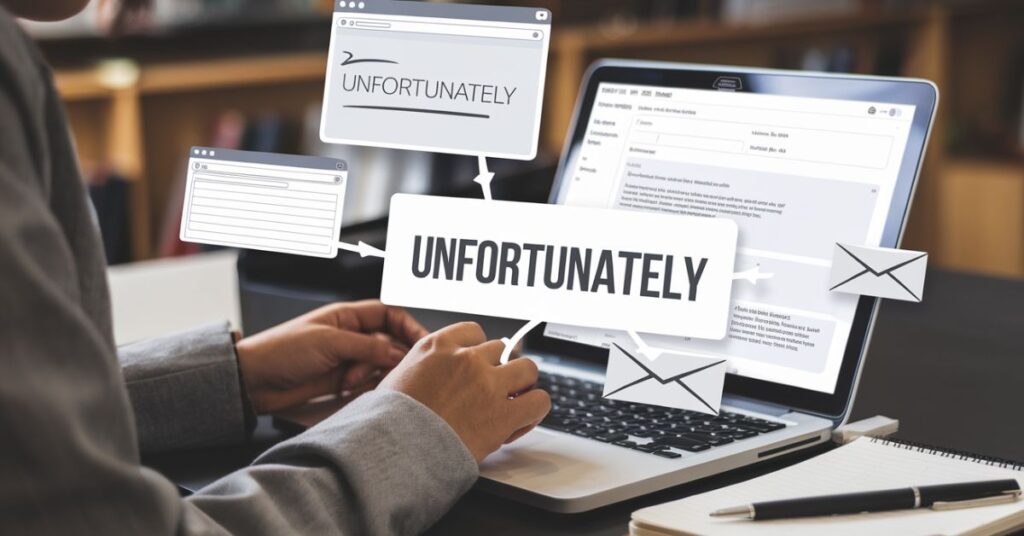In the world of formal email communication, words matter. The tone, phrasing, and choice of vocabulary shape how your message is received. Using “unfortunately” repeatedly in emails might dilute its impact and make your communication seem robotic or unempathetic. Thankfully, there are other ways to say “unfortunately” in a formal email that can maintain a professional tone while still showing empathy in communication.
This guide explores 12 nuanced alternatives to “unfortunately,” provides examples, and offers practical tips for using them in business communication, client relations, and corporate settings. By expanding your vocabulary and adopting these alternatives, you’ll improve your ability to convey messages clearly and respectfully.
Why Avoid Repeating “Unfortunately”?
The word “unfortunately” is a powerful way to deliver bad news. However, overusing it can make your emails feel repetitive, impersonal, or even insincere. Consider these points:
- Redundancy: Using “unfortunately” multiple times can diminish its impact.
- Perceived insensitivity: Repeated use might come across as dismissive rather than empathetic.
- Lack of nuance: Different situations require specific language, and “unfortunately” may not always fit.
By varying your word choices, you add semantic nuance to your messages, showing thoughtfulness and care in your formal email communication.
See Also: 22 Other Ways to Say “Sorry for the Short Notice” in an EmailCertainly! Here is a deeper exploration and detailed examples for all 12 headings:
1. Regrettably

Definition:
“Regrettably” is a polite way to express remorse or disappointment in formal communication. It conveys a sense of professionalism while acknowledging an undesirable situation. Other Ways to Say “Unfortunately” in a Formal Email phrase is especially suited for formal business emails where sensitivity is important.
Example in Context:
Subject: Project Delay Update
Dear Mr. Jenkins,
Regrettably, due to unforeseen technical challenges, we will need to extend the project timeline by one week. Our team is working diligently to resolve the issue and ensure a smooth delivery moving forward.
We appreciate your patience and understanding in this matter. Please let me know if you have any questions.
Best regards,
Amelia Brown
Project Manager
2. I’m Afraid
Definition:
“I’m afraid” is a softer and slightly informal phrase that works well in professional emails when delivering disappointing news. While empathetic, it adds a personal touch to lessen the blow.
Example in Context:
Subject: Application Status
Dear Ms. Thompson,
I’m afraid we’ve had to put a hold on your application due to internal restructuring. While this decision was difficult, we hope to reconsider your profile for future opportunities.
Thank you for your understanding. We value the effort and interest you’ve shown in our organization.
Kind regards,
Derek White
HR Manager
See Also: 22 Other Ways to Say “It Was a Pleasure Meeting You”3. It Is with Regret
Definition:
“It is with regret” conveys a formal tone and is ideal for addressing significant matters, such as cancellations or rejections, where a high level of respect and professionalism is required.
Example in Context:
Subject: Cancellation of Annual Conference
Dear Team,
It is with regret that we must cancel this year’s annual conference due to unforeseen logistical issues. This decision was not made lightly, and we understand its impact on your schedules.
We will communicate updates on rescheduling as soon as they become available. Thank you for your understanding and continued support.
Best regards,
Victoria Green
Event Coordinator
4. Sadly
Definition:
“Sadly” introduces an emotional element to formal emails, often used when expressing personal disappointment or delivering bad news in an empathetic manner. It softens the tone without losing professionalism.
Example in Context:
Subject: Declining Your Sponsorship Request
Dear Mr. Nguyen,
Sadly, we are unable to sponsor your upcoming event this year due to budget constraints. However, we deeply admire your mission and hope to collaborate in the future when our resources allow.
Wishing you the best for your event.
Kind regards,
Rachel Bennett
Marketing Director
See Also: 25 Ways to Say “Have a Good Evening” Professionally5. Much to My Disappointment
Definition:
This phrase is especially useful when you want to convey a sense of personal regret. It strikes a balance between professionalism and sincerity, making it ideal for internal or client-facing emails.
Example in Context:
Subject: Meeting Reschedule Notice
Dear Mrs. Lopez,
Much to my disappointment, I won’t be able to attend our scheduled meeting tomorrow due to an urgent obligation. However, my colleague, Mr. James Parker, will be available to ensure a productive discussion.
I sincerely apologize for the inconvenience and look forward to reconnecting soon.
Best regards,
Emma Taylor
Client Relations Manager

6. We Regret to Inform You
Definition:
“We regret to inform you” is a classic formal phrase, often used in corporate settings to communicate significant or sensitive matters like job rejections or project denials. It emphasizes a professional tone while being respectful.
Example in Context:
Subject: Application Decision
Dear Mr. Patel,
We regret to inform you that, after careful consideration, we’ve chosen another candidate for the position. We truly appreciate your interest in the role and encourage you to apply for future opportunities within our company.
Thank you for your time and effort.
Best regards,
John Harrison
Recruitment Manager
See Also: 4 Types of Archetype & Their Examples7. As Much as We Would Like To
Definition:
This phrase allows you to show goodwill and desire to assist while delivering unfavorable news. It emphasizes constraints or circumstances beyond control.
Example in Context:
Subject: Extension Request
Dear Mr. Collins,
As much as we would like to approve your request for an extension, our current commitments to other clients prevent us from doing so. We sincerely regret any inconvenience this may cause.
Please let us know if there’s another way we can assist.
Best regards,
Olivia Sanders
Operations Manager
8. It Is Unfortunate
Definition:
“It is unfortunate” conveys a formal tone while expressing regret. It is particularly effective for discussing external issues beyond your control, such as delays or technical challenges.
Example in Context:
Subject: Delivery Delay
Dear Mr. Green,
It is unfortunate that your shipment has been delayed due to unforeseen disruptions in the supply chain. We are working hard to expedite your order and anticipate delivery by next Tuesday.
We sincerely apologize for the inconvenience and appreciate your patience.
Best regards,
Lucas Bennett
Supply Chain Coordinator
See Also: 23 Other Ways to Say “Please Disregard My Previous Email”9. Regretfully
Definition:
Similar to “regrettably,” the term “regretfully” carries a sense of remorse and professionalism. It’s a versatile option that fits well in various formal situations.
Example in Context:
Subject: Speaking Engagement Decline
Dear Ms. Foster,
Regretfully, I must decline your kind invitation to speak at the upcoming conference due to prior commitments. I greatly appreciate the opportunity and hope to participate in future events.
Thank you for understanding.
Kind regards,
Michael Reed
CEO
10. Disappointingly
Definition:
“Disappointingly” is a strong word that conveys genuine disappointment, often used to express a clear opinion about an unsatisfactory outcome or situation.
Example in Context:
Subject: Feedback on Proposal
Dear Ms. Sanchez,
Disappointingly, the initial draft of the proposal did not meet the client’s expectations. Significant revisions will be necessary to align with their requirements.
Let’s arrange a meeting to discuss how to proceed. I’m confident we can address these challenges effectively.
Best regards,
Alex Turner
Business Development Manager
See Also: “Messege” or “Message”: The Correct Spelling and How to Avoid Errors11. With Apologies

Definition:
This phrase introduces regret with a subtle touch of humility, making it appropriate for cases where you acknowledge a mistake or deliver disappointing news while seeking to maintain goodwill.
Example in Context:
Subject: Adjustment to Billing Statement
Dear Ms. Carter,
With apologies, I must inform you that there was an error in your recent billing statement. We’ve corrected the mistake and attached an updated version.
We deeply regret any confusion caused. Please let us know if you have additional concerns.
Best regards,
Mark Johnson
Finance Manager
12. We Must Sadly State
Definition:
This phrase carries an empathetic tone and a clear acknowledgment of disappointment. It works well in formal communication where you want to highlight the gravity of the situation.
Example in Context:
Subject: Rejection of Partnership Proposal
Dear Mr. Lee,
We must sadly state that we cannot move forward with your partnership proposal at this time due to conflicting priorities. However, we hope to explore opportunities for collaboration in the near future.
Thank you for your understanding.
Kind regards,
Sophia Davis
Partnership Coordinator
See Also: HY Meaning – A Guide to HY Definition & Uses in TextWriting Tips for Polished Emails
- Use empathy: Understand your recipient’s perspective and tailor your message accordingly.
- Avoid jargon: Other Ways to Say “Unfortunately” in a Formal Email Keep your language professional but simple.
- Balance tone: Be formal but not robotic—add a human touch with phrases like “I’m afraid” or “Sadly.”
- Edit for clarity: Ensure your email delivers the message clearly without unnecessary complexity.
Conclusion
Mastering other ways to say “unfortunately” in a formal email enhances your ability to communicate with empathy, professionalism, and nuance in language. By incorporating phrases like “Regrettably,” “Sadly,” and “We regret to inform you,” you can maintain a polished tone while delivering sensitive news effectively.
Remember, other Ways to Say “Unfortunately” in a Formal Email words carry weight. By expanding your vocabulary and applying these alternatives strategically, you’ll strengthen your business communication skills and foster trust in every professional interaction.
By integrating these phrases into your formal email communication, you’ll navigate even challenging conversations with clarity and respect. Whether you’re rejecting an application, declining a request, or postponing an event, these expressions will add a layer of empathy to your professional writing.

Jenni Maic is a creative wordsmith at Grammar Globe, where she brings humor and wit to the world of puns and English grammar. With a passion for playful language and a knack for simplifying grammar, Jenni’s articles make learning engaging and entertaining. Discover her work at https://grammarglobe.com/.







